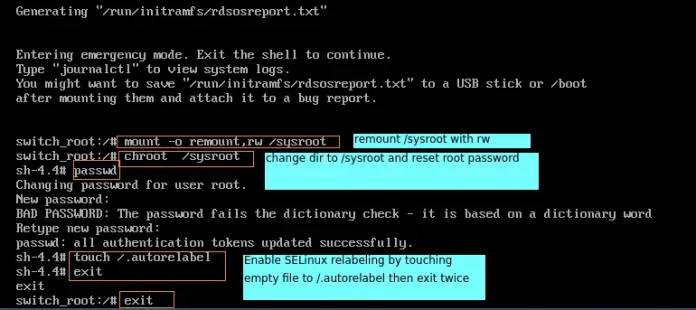Sometimes, while working with data records, we can have a problem in which we need to perform the sorting of nested keys of dictionary by the value of occurrence. This can have applications in arranging scores, prices etc. Lets discuss a way in which this task can be performed.
Method #1 : Using sorted() + lambda + generator expression
The combination of above methods can be used to perform this task. In this, we perform the task of sorting using sorted() and lambda and generator expression are used to bind and extracting values of dictionaries.
Python3
# Python3 code to demonstrate working of # Sort Nested keys by Value# Using sorted() + generator expression + lambda# initializing dictionarytest_dict = {'Nikhil' : {'English' : 5, 'Maths' : 2, 'Science' : 14}, 'Akash' : {'English' : 15, 'Maths' : 7, 'Science' : 2}, 'Akshat' : {'English' : 5, 'Maths' : 50, 'Science' : 20}}# printing original dictionaryprint("The original dictionary : " + str(test_dict))# Sort Nested keys by Value# Using sorted() + generator expression + lambdares = {key : dict(sorted(val.items(), key = lambda ele: ele[1])) for key, val in test_dict.items()} # printing result print("The sorted dictionary : " + str(res)) |
The original dictionary : {‘Nikhil’: {‘English’: 5, ‘Maths’: 2, ‘Science’: 14}, ‘Akash’: {‘English’: 15, ‘Maths’: 7, ‘Science’: 2}, ‘Akshat’: {‘English’: 5, ‘Maths’: 50, ‘Science’: 20}} The sorted dictionary : {‘Nikhil’: {‘Maths’: 2, ‘English’: 5, ‘Science’: 14}, ‘Akash’: {‘Science’: 2, ‘Maths’: 7, ‘English’: 15}, ‘Akshat’: {‘English’: 5, ‘Science’: 20, ‘Maths’: 50}}
Time Complexity: O(n*nlogn), where n is the length of the list test_list
Auxiliary Space: O(n), where n is the number of elements in the res list
Method #2: Using dictionary comprehension and itemgetter
- Import the “itemgetter” module from the “operator” module.
- Initialize an empty dictionary “res”.
- Use a nested dictionary comprehension to iterate over the key-value pairs of “test_dict”.
- For each key-value pair, sort the nested dictionary by values using the “sorted” function and passing the key and the “itemgetter” function as arguments.Create a new dictionary with the
- sorted nested dictionary and add it to the “res” dictionary.
- Return the “res” dictionary.
Python3
from operator import itemgetter# initializing dictionarytest_dict = {'Nikhil' : {'English' : 5, 'Maths' : 2, 'Science' : 14}, 'Akash' : {'English' : 15, 'Maths' : 7, 'Science' : 2}, 'Akshat' : {'English' : 5, 'Maths' : 50, 'Science' : 20}}# printing original dictionaryprint("The original dictionary : " + str(test_dict))# Sort Nested keys by Value# Using dictionary comprehension and itemgetterres = {key : dict(sorted(val.items(), key=itemgetter(1))) for key, val in test_dict.items()}# printing result print("The sorted dictionary : " + str(res)) |
The original dictionary : {'Nikhil': {'English': 5, 'Maths': 2, 'Science': 14}, 'Akash': {'English': 15, 'Maths': 7, 'Science': 2}, 'Akshat': {'English': 5, 'Maths': 50, 'Science': 20}}
The sorted dictionary : {'Nikhil': {'Maths': 2, 'English': 5, 'Science': 14}, 'Akash': {'Science': 2, 'Maths': 7, 'English': 15}, 'Akshat': {'English': 5, 'Science': 20, 'Maths': 50}}
Time complexity: O(n log n), where n is the number of elements in the dictionary.
Auxiliary space: O(n), where n is the number of elements in the dictionary.




